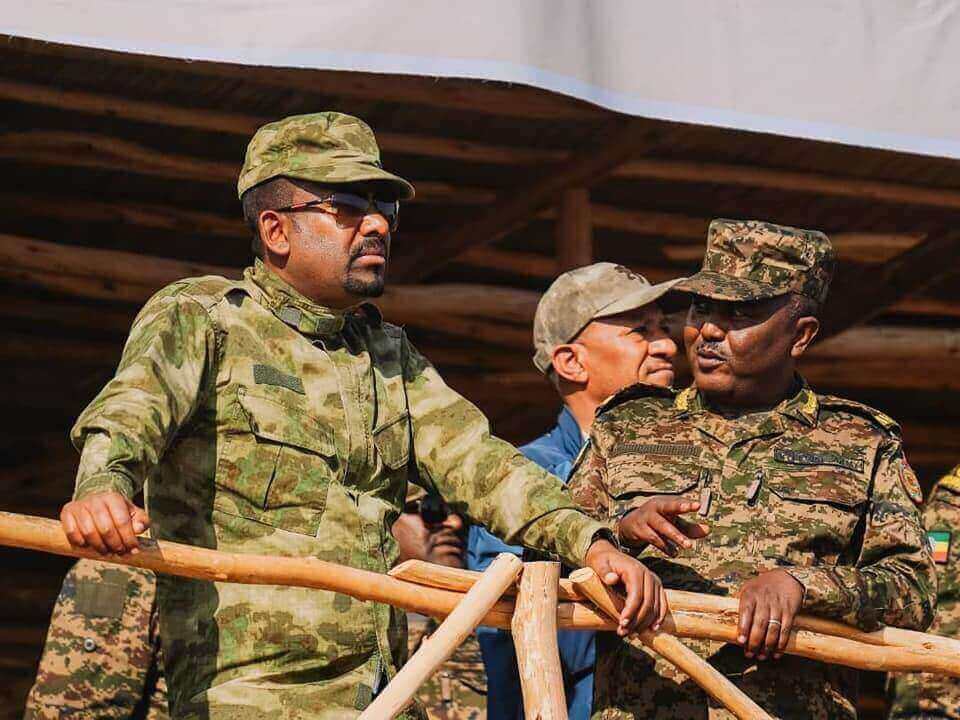
By a Guardian correspondent
Ethiopia’s council of ministers has declared a state of emergency in the Amhara region after its leader said he was no longer able to contain a surge in violence between a local ethnic militia and the army.
The office of the prime minister, Abiy Ahmed, announced the emergency on Friday, saying attacks by “armed extremist groups” posed an increasing threat to public security and were causing significant economic damage.
“Therefore, the council of ministers has to declare a state of emergency in order to fulfil the responsibilities imposed by the constitution,” it said.
Violence has flared across Amhara over a disputed plan to absorb regional security forces into the national army. Last year the authorities also tried to stamp out the Amhara militia, called the Fano.
The Fano and the regional security forces played leading roles in the two-year-long civil war with the neighbouring Tigray region and are popular among the Amhara, but the government sees them as a threat to the constitutional order.
This week protesters put up roadblocks while Fano militiamen clashed with military units and took control of some towns, paralysing Ethiopia’s second-most populous region and resulting in an unknown number of casualties.
Flights have been cancelled to Gondar and Lalibela, two tourist hotspots, as the UK and the US issued travel warnings advising their nationals in Amhara to shelter in place and not to travel there.
In several Amhara towns, government officials have fled and the internet has been cut. Live ammunition has been used to disperse protesters and artillery was deployed in civilian areas in the town of Kobo.
“There is not any government or military here,” said a Lalibela resident. “The Fano are everywhere.”
A resident of Debre Tabor said: “The youth are self-organising into different groups.”
On Thursday, the Amhara regional president sent a letter to the prime minister, Abiy Ahmed, saying the unrest is “causing serious economic, social and humanitarian damage” and asking for help.
The “situation has become difficult to control through the regular law enforcement system”, the letter said.
The letter followed an earlier appeal by the deputy prime minister, Demeke Mekonnen, who on Wednesday said “it is crucial for us to seek a peaceful resolution for dialogue”. His remarks were a rare example of a senior official directly addressing the unrest amid silence from state media outlets and government social media accounts.
The state of emergency announced on Friday must be approved by parliament within 15 days or it will be repealed. Ethiopia last declared a state of emergency in November 2021, at the height of the Tigray conflict.
That conflict ended with a ceasefire signed in November 2022, but instability has flared elsewhere including Oromia, Ethiopia’s biggest and most populous region, where another band of insurgents has been fighting the government since 2018.
